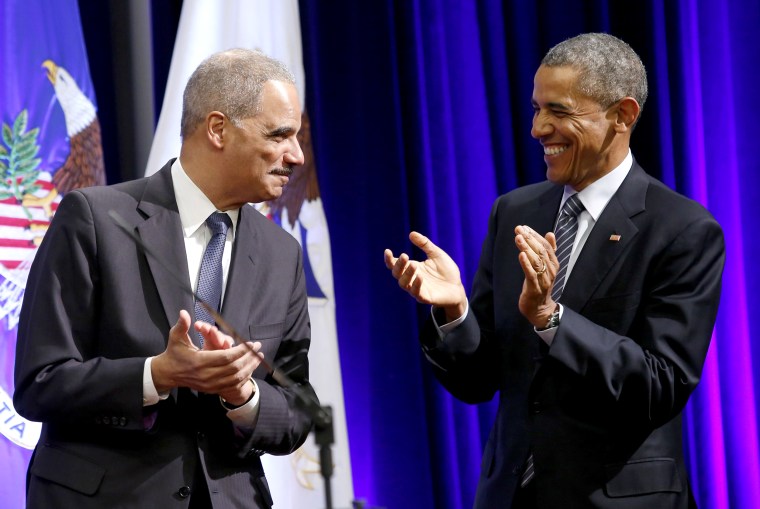Former President Barack Obama is among a chorus of influential voices warning of even more adverse effects of COVID-19 on African Americans and other communities of color as the pandemic drags on.
"The reason we're here together is that these are not ordinary times," Obama said on a recent conference call hosted by My Brother's Keeper, or MBK, a national network he founded when he was in the White House to uplift and empower young men of color.
"It's fair to say that has been true throughout American history, when crises hit the country at large, you can be sure that it will be that much tougher on folks who were already struggling before the crisis hit."
As the coronavirus pandemic disproportionally affects African Americans and other communities of color across every critical index, some are gauging how certain segments of society, such as youth, will be adversely affected socially, economically and educationally.
Some states and cities have already eliminated or cut back on planned summer job and education programs because of projected budget shortfalls, and citywide recreational sports leagues are on hold, as officials grapple with the health care outcomes exposed by COVID-19.
"There are difficult times ahead," Obama added, "but this is not the time to abandon young people."
"In some communities you already had high unemployment, high rates of dropouts and disproportionate rates of violence," Obama said.
"And you can't convene and bring people together right now. In some cases, financing your operations is going to be difficult as philanthropies are forced to shift resources … and schools are closed, which leaves a lot more time for young people to be alone and isolated and to lose some of the learning they acquired," he added.
"If they fall further behind, they will have that much more trouble finishing school, getting a foothold in this economy, and because of idleness may get shunted into the criminal justice system, and it's going to be much harder for them to catch up."
Of particular concern is the school to prison pipeline fueled by structural racism and implicit and explicit bias, experts say, when young men of color are incarcerated because other avenues are closed to them. In some municipalities new laws around COVID-19, wearing of masks and practicing social distancing could be weaponized against communities of color, even as other communities flout the rules and seemingly are not penalized.
"Building trust has been important, like we did at the federal level, between communities of color and law enforcement," Eric Holder, who was attorney general in the Obama administration, said in a town hall Wednesday. The virtual event was organized by MBK and Cities United that addressed youth and law enforcement. "If you have people talking with each other and interacting with each other, it's hard to demonize someone you know.
"COVID-19 complicates this," Holder added. "But it is going to pass, and we are going to be back where we were, and let's be honest, it was not a good place. The whole problem of implicit bias will still exist. We need leadership at the national level."
Obama also emphasized the lack of comprehensive federal leadership during the pandemic, and he said the nation and communities of color cannot afford to wait for that to materialize.
"We have to reinforce with each other why this work is so important if during a crisis we don't fill some of these gaps no one else is going to do," Obama said.
"I could not be prouder of the MBK community for what we've accomplished since we launched," he added. "Too many of our young men have been historically left behind. If we can give them a hand up, if we can give them mentorship and tools and interventions and resources and love and support, not only can they succeed for themselves, but our communities and our country will be stronger for it."
